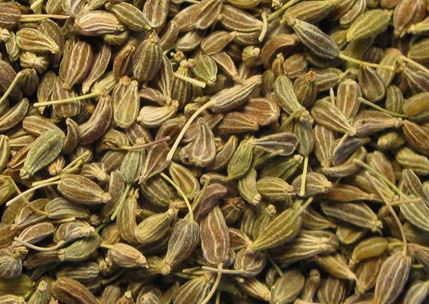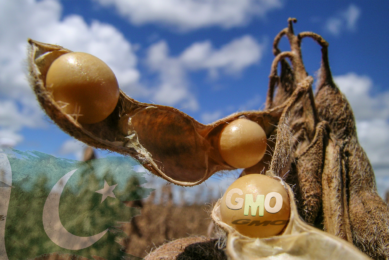Anise seed: a substitute for antibiotic growth promoters

Researchers from the Islamic Azad University in Iran evaluated the effect of anise seed (Pimpinella anisum L.) as an antibiotic growth promoter substitute on growth performance, carcass traits, and immune responses in broiler chickens.
According to the study, 240 one day-old hatched Ross broilers received a maize-soybean meal basal diet and were allocated randomly in the following five experimental treatments for 6 weeks: basal diet-no additives, basal diet containing 1 g anise/kg diet, basal diet containing 5 g anise/kg diet, basal diet containing 10 g anise/kg diet and basal diet containing flavophospholipol at 4.5 mg/kg diet. At Day 42, two birds per replicate were slaughtered for determination of carcass and organ weights. At Day 28, serum antibody titers against avian influenza virus were measured by the hemagglutination inhibition test.
The results of the study concluded the bodyweight of broilers fed basal diet was higher at 42 d of age than other groups but it was not statistically significant (P>0.05). Broilers receiving basal diet had higher feed intake compared to broilers receiving difference levels of anise seed (P<0.05>). The most efficient feed conversion throughout the study was observed in chicks fed diets supplemented with 1 g anise/kg (P<0.05>). Most of the carcass characteristics of broilers slaughtered at Day 42 were not influenced by treatments but carcass yield significantly increased (P<0.05>) in broilers supplemented with 10 g anise/kg compared to antibiotic group. Antibody titer against avian influenza virus increased in the group treated with 10 g anise/kg diet compared with other groups (P<0.05>).
The study was published in the Asian Pacific Journal of Tropical Diseases Vol 4 Issue 6. Here you can find a downloadable pdf of the study.











